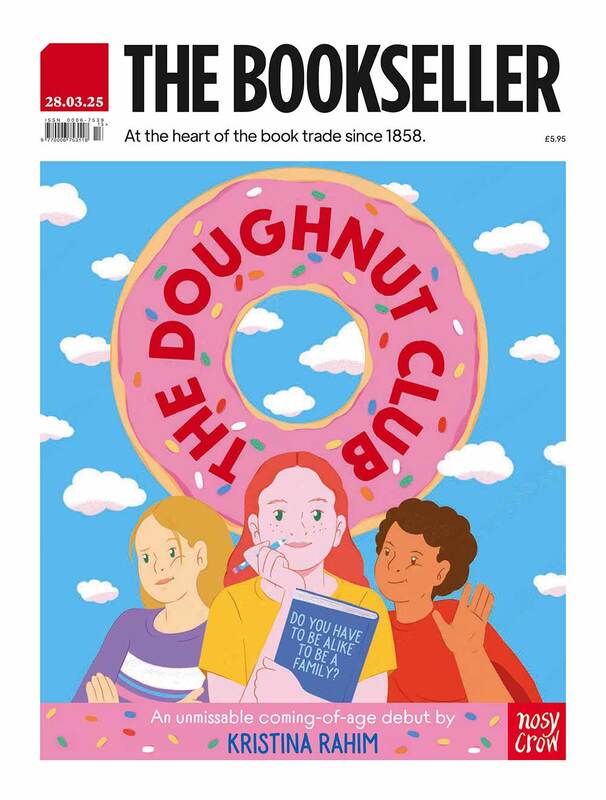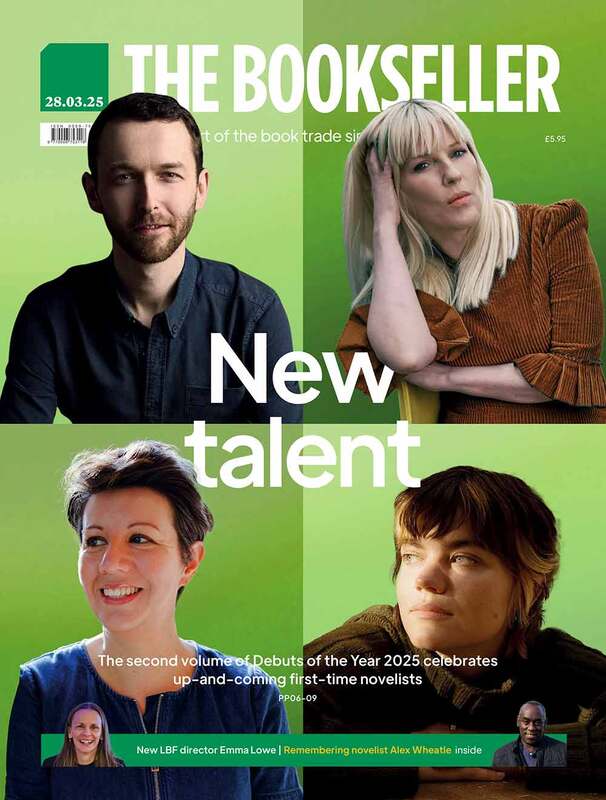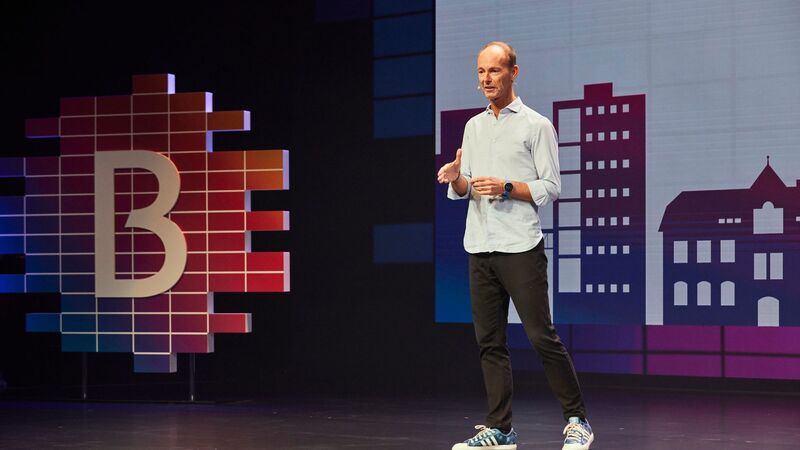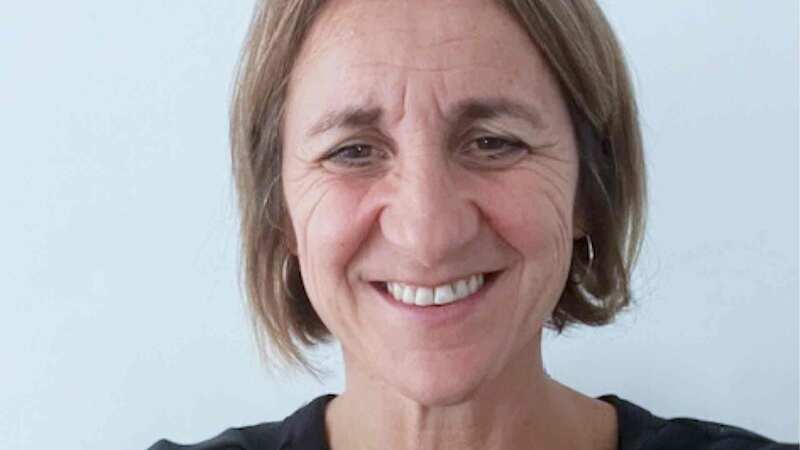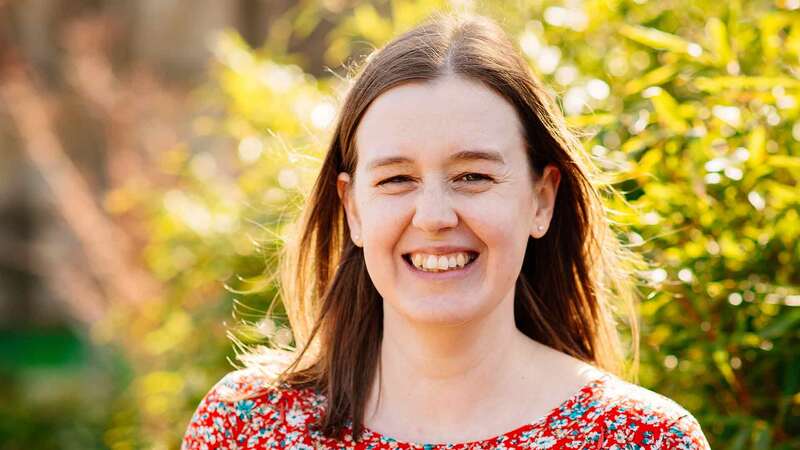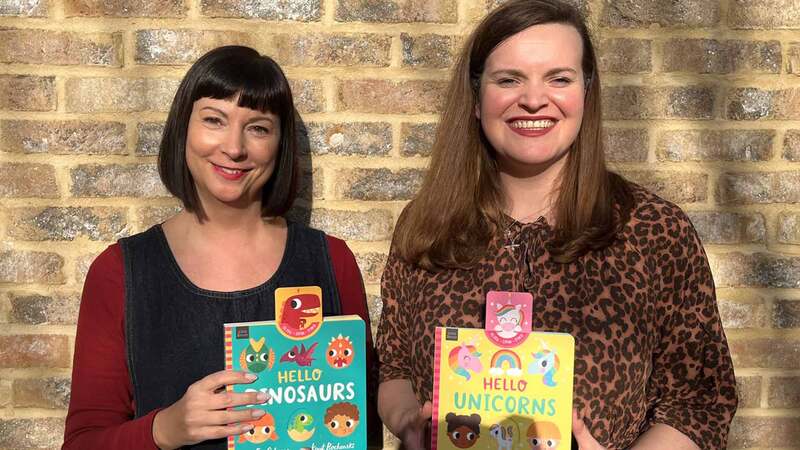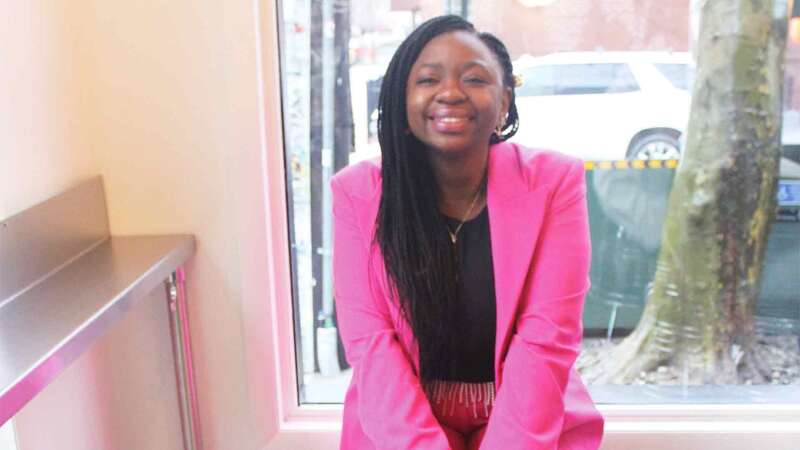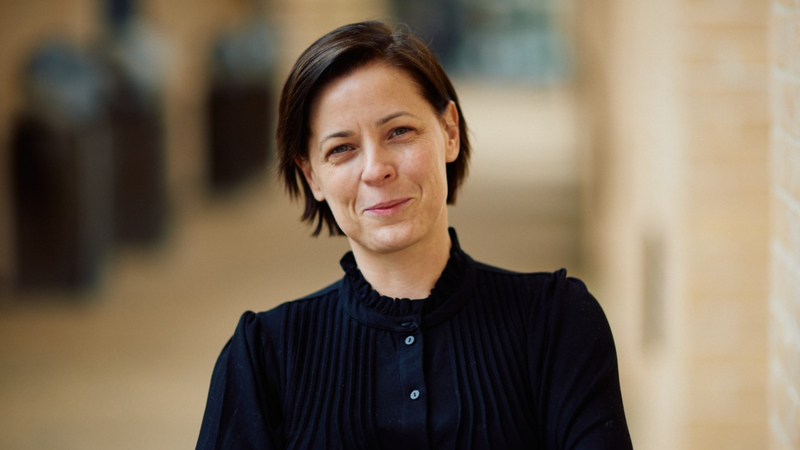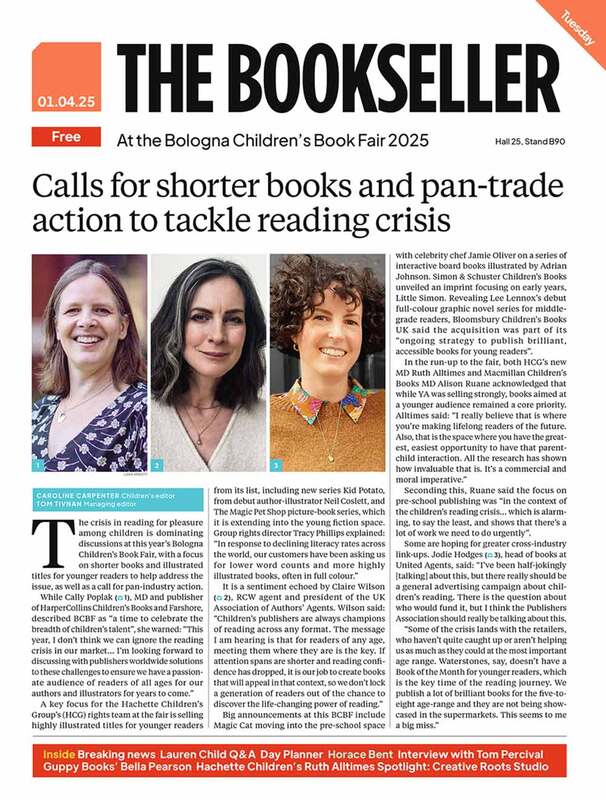You are viewing your 1 free article this month. Login to read more articles.
Teicher hails next generation of booksellers to weather challenges ahead at BA conference
Oren Teicher, head of the American Booksellers Association (ABA), has hailed the next generation of booksellers to take on Amazon and other challenges in the years ahead as he and his UK counterpart Tim Godfray prepare to retire.
Speaking at the Booksellers Association (BA) conference in Birmingham, Teicher and Godfray reflected on their combined 77 years experience in the trade. Teicher will step down at the end of the year and Godfray will leave the BA in October with both men optimistic for the future of the trade.
Speaking to Godfray, Teicher said: “In your 47 years and my 30, despite all these changes that we’ve seen, despite all the challenges - it would be disingenuous not to understand the challenges that Amazon puts not just before the books sector but the retail economies overall - I am optimistic and I’m optimistic for one most important reason, what I see here and what’s been true in the States over the last six or seven years is that there’s absolutely been a torch passed to a younger generation.
"There was a long period at ABA when I would look out at a room of people and we were all of the same age, we were all a group of aging baby boomers, that’s not true anymore. That has 180 degrees flipped. There’s a whole lot of younger people in our business as obviously there are here, that gives me an enormous sense of optimism for the future. I think the torch has been passed. I don’t minimise the challenges that that next generation of booksellers are going to have, but what I have observed, is there is a resilience about people in this business that is pretty extraordinary. People who own and operate bookshops are unique. I am optimistic, I’m sure whoever is sitting on this stage 30 years from now will also talk about the continued resilience of booksellers. I don’t think we are going anywhere.”
He added: “I leave ABA with an enormous sense of confidence in what’s about to happen and I hope my successor will develop the kind of working relationship with Meryl that you and I have had. I’m hoping and expecting we continue that for our mutual benefit and the success of bookshops in our respective countries.”
As Godfray reflected on the state of British bookselling as he prepares to leave the trade, he said: “Consumers are coming back to printed books, publishers appear to be making more beautiful, physical books, the media are supporting bookshops and consumers are much more aware of what their communtiies would be like without bookshops., I am optimistic. Leaving the BA at a time when you read in the tradep press stories that independent bookshops are bucking the trend in our country that is going through a pretty gloomy period and having all this positive messaging and vibrancy and optimism coming out of the bookselling community in the UK and in Ireland is wonderful.”
And in a moment that sparked applause at the BA conference, Teicher added: “I hope my friend that you take some pride in all of that. There’s no doubt that in all these changes, you’ve demonstrated how one person can make a real success.” Asked what he classed as his greatest achievement, Teicher simply told Godfray: “Learning from you.”
Discussing the dominance of Amazon and Amazon’s bricks and mortar bookstores in the US, Teicher said: “Our challenge is we are the book business, we are not selling anything else. Amazon uses books as a loss leader to bring them into their system and then lock them in...Those physical bookstores are not designed to sell books, they’re designed to get people who come in to open a Prime account. From that point of view those stores have worked really well and generate an enormous amount of data. I think they’ve learned that running physical stores are not as easy as they first thought. They had plans for hundreds and that has not happened. We’ve learned in the short run not to be too concerned by those stores. In the long-run as they get more people to open Prime accounts maybe every once in a while they will throw a book in and that represents a serious challenge.”
Following Amazon’s “technical error” that saw the online giant break a global embargo on publication (and later apologise), Teicher added the retailer’s behaviour “will catch up with it”. He said: “Their blatant, flagrant abuse of the laid-down date for the Margaret Atwood book that doesn't pass the giggle test about it being alleged. Companies that size don’t make mistakes. Our members signed affidavits, if we violated that on sale date we would get slapped on wrist by PRH and they would stop shipping us PRH books, how does an independent bookshop get by without PRH titles, they can’t. But Amazon can do this and can apparently do it with some impunity. I think that will catch up with them eventually.”
In January, the BA reported a second year of growth in its independent bookshop membership, with 15 new shops taking it to 883 members last year. Addressing the rise of indies, Teicher said: “[In the US] we’re doing ok. A lot of things have happened in the US market that have been helpful. The impact of the localism movement is huge. In the States, and I think it’s equally true here, there are a large percentage of consumers who given the choice between shopping locally with an independent business, either a national chain or some online giant would prefer to shop in our store. The opportunity to grow that localism movement remains huge.”
And as former indie bookseller James Daunt prepares to take the helm at Barnes & Noble, the special relationship continues. Teicher said he is “delighted” by the move. “We certainly hope that with Mr Daunt that Barnes & Noble grows, not just survives but thrive and we are rooting for him.”

